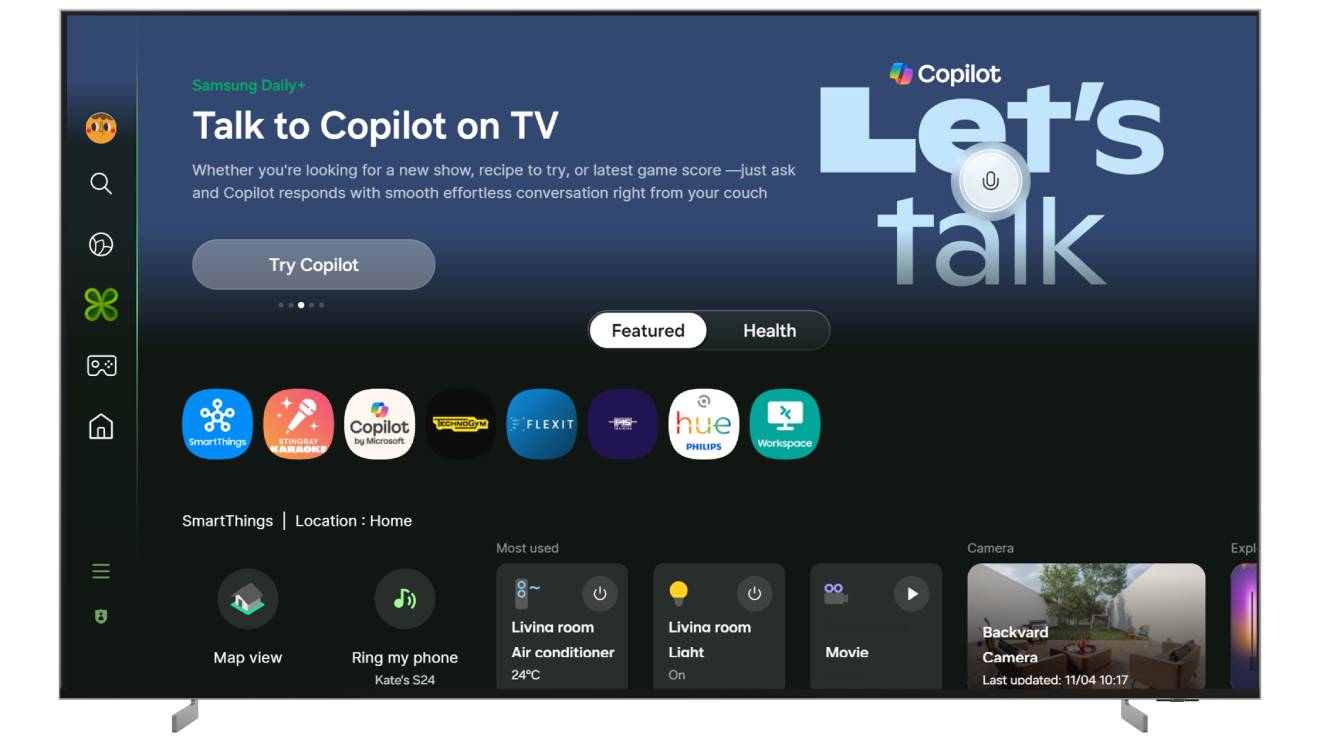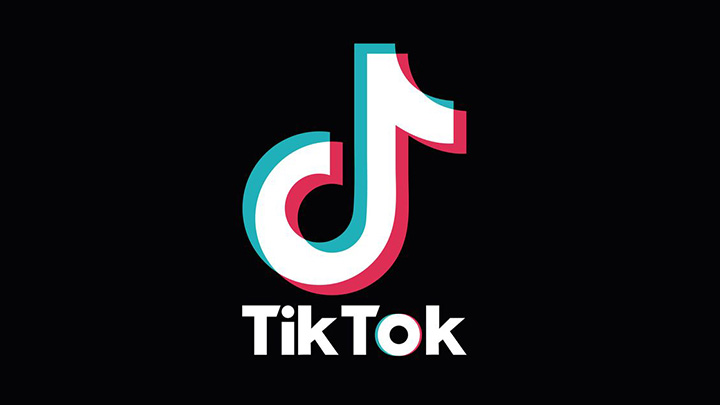Google has officially launched its AI chatbot, Bard, in the European Union (EU) and several other nations, marking a significant milestone in its competition against Microsoft-backed ChatGPT.
Despite a delay due to data privacy concerns, Bard is now available in most of the world, supporting a wide range of languages.
The expansion comes after Google engaged with experts, policymakers, and privacy regulators to ensure a responsible approach to AI.
Bard was initially unveiled by the US tech giant in February, but its release in the EU was postponed in response to queries from the Irish Data Protection Commission (DPC).
Google, respecting its commitment to privacy, took the necessary steps to address the concerns raised by the DPC, resulting in a series of changes to enhance transparency and user controls.
Read More
"We will be continuing our engagement with Google in relation to Bard post-launch," stated Graham Doyle, the spokesman and deputy commission of the Irish data privacy watchdog.
The DPC has requested Google to conduct a review and submit a report after three months of Bard's operation in the EU.
Additionally, the European Data Protection Board has established a task force to explore AI-related issues, highlighting the significance of data protection in this domain.
Google's move to launch Bard in the EU follows Italy's decision to block ChatGPT for a month earlier this year due to privacy concerns.
With Bard's latest expansion, Google aims to catch up to Microsoft, which has already integrated ChatGPT-like capabilities across various products, including the Bing search engine.
Bard's language support has significantly expanded, with over 40 languages now available, including Arabic, Chinese, German, Hindi, and Spanish.
Previously, Bard was only accessible in English, Japanese, and Korean. Google has also introduced new features, such as audio responses from Bard and the ability to receive answers in five different styles: simple, long, short, professional, or casual.
Users can now also upload photos for analysis by Bard to retrieve relevant information.
The rise of AI has generated both excitement and concern regarding its potential to enhance or replace human tasks.
AI tools have demonstrated remarkable capabilities, generating essays, creating realistic images, mimicking famous singers' voices, and even passing medical exams.
However, the proliferation of chatbots raises fears about the spread of disinformation, the production of biased algorithms generating racist content, and the impact of AI-powered automation on various industries.
As Google expands access to Bard, the company has pledged to incorporate user feedback, prioritize privacy protection, and work closely with experts and regulators to ensure responsible and secure AI deployment.
By actively engaging with stakeholders and proactively addressing privacy concerns, Google aims to strike the right balance between innovation and safeguarding user data in the AI landscape.

-1689321508.jpg)






-1757101509.jpg)



